| | | | | | | Presented By GLOBAL X ETFS | | | | Axios World | | By Dave Lawler · Dec 08, 2022 | | Welcome back to Axios World. - We're starting tonight's edition (1,877 words, 7 minutes) with a big prisoner swap before covering jailed presidents and princes.
New arrival? Subscribe. | | | | | | 1 big thing: How the Griner-Bout prisoner swap happened | 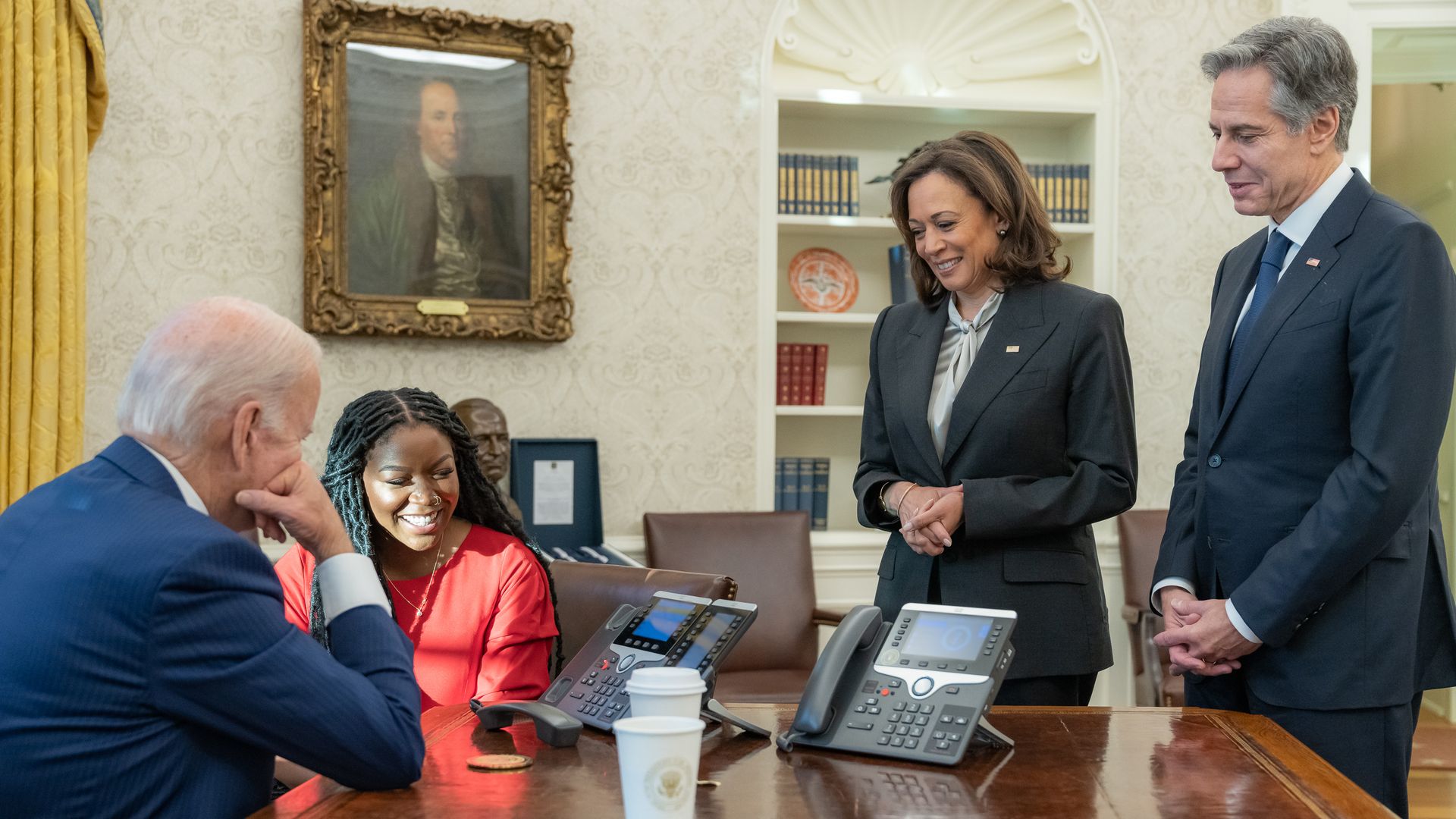 | | | President Biden calls Brittney Griner, flanked by Cherelle Griner, Vice President Harris, and Secretary of State Tony Blinken. Photo: Adam Schultz/ The White House via Getty Images | | | | President Biden made the "painful decision" to swap jailed basketball star Brittney Griner for notorious arms dealer Viktor Bout after determining that Russia was never going to meet his demand that another jailed American, Paul Whelan, also be freed, U.S. officials said today. The big picture: Not only did that mean leaving Whelan behind and freeing a man nicknamed the "Merchant of Death," Biden also had to weigh the risk that other governments might seek to detain Americans to swap them for their own high-value prisoners. - A senior official acknowledged that risk in a call with reporters, saying "we try to pay, of course, as little a price as possible" but ultimately felt "a moral obligation" to make the deal.
- "It was a choice between bringing home one particular American —Brittney Griner — or bringing home none," the official said.
Flashback: Upon arriving in Moscow in February to join a Russian team during the WNBA offseason, Griner was arrested for possession of a small amount of cannabis oil, which she later told a court she'd packed accidentally. - The arrest immediately sparked concerns that, as the most high-profile American held overseas, Griner could become a political pawn for the Kremlin, and that she could face discrimination in prison for being Black, American and openly gay.
- In July, Secretary of State Tony Blinken announced that he'd spoken to his Russian counterpart Sergey Lavrov for the first time since the invasion of Ukraine to make a "substantial proposal." It was a swap: Griner and Whelan, who was arrested in 2018 on espionage charges that both he and the U.S. government deny, for Bout.
- Russia demurred. Public optimism faded. Griner was sentenced to nine years and later moved to a remote penal colony.
Behind the scenes: Through diplomatic and intelligence channels, the U.S. made several alternative proposals to free Griner and Whelan, according to a senior U.S. official. The U.S. also asked other governments to raise the issue with the Russians to help keep the pressure on. - While the U.S. insists the charges are baseless, the Russians place Whelan in a distinct category as an alleged spy and rejected every proposal that included him, the senior official said.
- That left a potential one-for-one swap. Last week, Biden opted to proceed with that deal and commute the last seven years of Bout's sentence.
How it happened: The process of returning Griner to the U.S. and Bout to Russia began early this week when the basketball star was moved from the prison colony to Moscow, according to the senior administration official. - Meanwhile, a State Department official traveled to Massachusetts to inform the Whelan family that a deal had been reached, but that he was not part of it.
- U.S. officials also informed Whelan himself. He told CNN in a call from prison today that he's "greatly disappointed" that more hasn't been done to free him, and fears he'll never get home.
Griner, meanwhile, was placed on a flight to the United Arab Emirates. - She was greeted by Biden's special envoy for hostage affairs, Roger Carstens, and crossed paths with Bout on the tarmac before they boarded their next flights — his heading east, hers heading west.
- Then came a call from the Oval Office, where Biden was seated alongside Griner's wife, Cherelle Griner. After the call, Biden stepped to the podium to announce the news.
- "After months of being unjustly detained in Russia, held under intolerable circumstances, Brittney will soon be back in the arms of her loved ones, and she should have been there all along," Biden said.
Worth noting: The White House declined to comment on whether it was also negotiating for the release of 61-year-old American teacher Marc Fogel, who was imprisoned last year in Russia on marijuana charges. |     | | | | | | 2. Peru's president ousted and arrested | 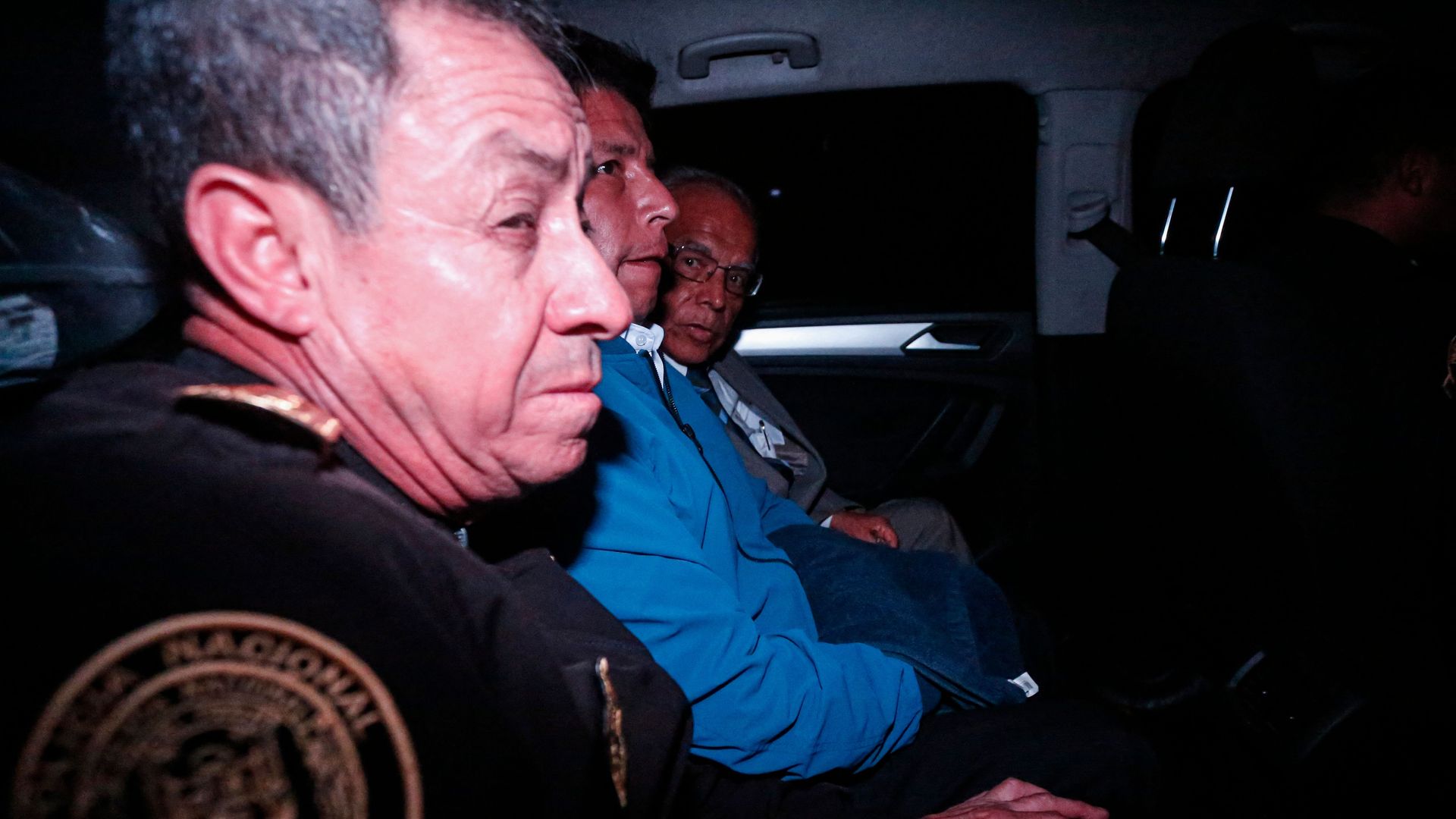 | | | Pedro Castillo, out of the presidency and into a police car. Photo: Renato Pajuelo/AFP via Getty Images | | | | In what must rank as one of the craziest three-hour periods in recent political history, Peruvian President Pedro Castillo attempted to dissolve Congress to avoid an impeachment vote, was nonetheless voted out of office by a 101-6 margin, and was then arrested on a charge of "rebellion." Driving the news: Before Wednesday was over, Vice President Dina Boluarte had been sworn in as his successor, becoming Peru's first woman president. - She is Peru's seventh president in as many years amid continual corruption investigations and impeachments, Axios' Latino's Marina E. Franco writes.
- Castillo had survived two earlier impeachment attempts, in March and last December. The left-wing political newcomer ultimately survived 16 chaotic months in office following his election last year.
- Castillo said investigations into whether he and his family took bribes in exchange for government contracts were the result of "slander" by political rivals seeking to "take advantage and seize the power that the people took from them at the polls," according to Reuters.
The big picture: The Peruvian presidency is something of a poisoned chalice. Every president but one who served between 1985 and 2018 has been arrested or charged with a crime. |     | | | | | | 3. Global news roundup | 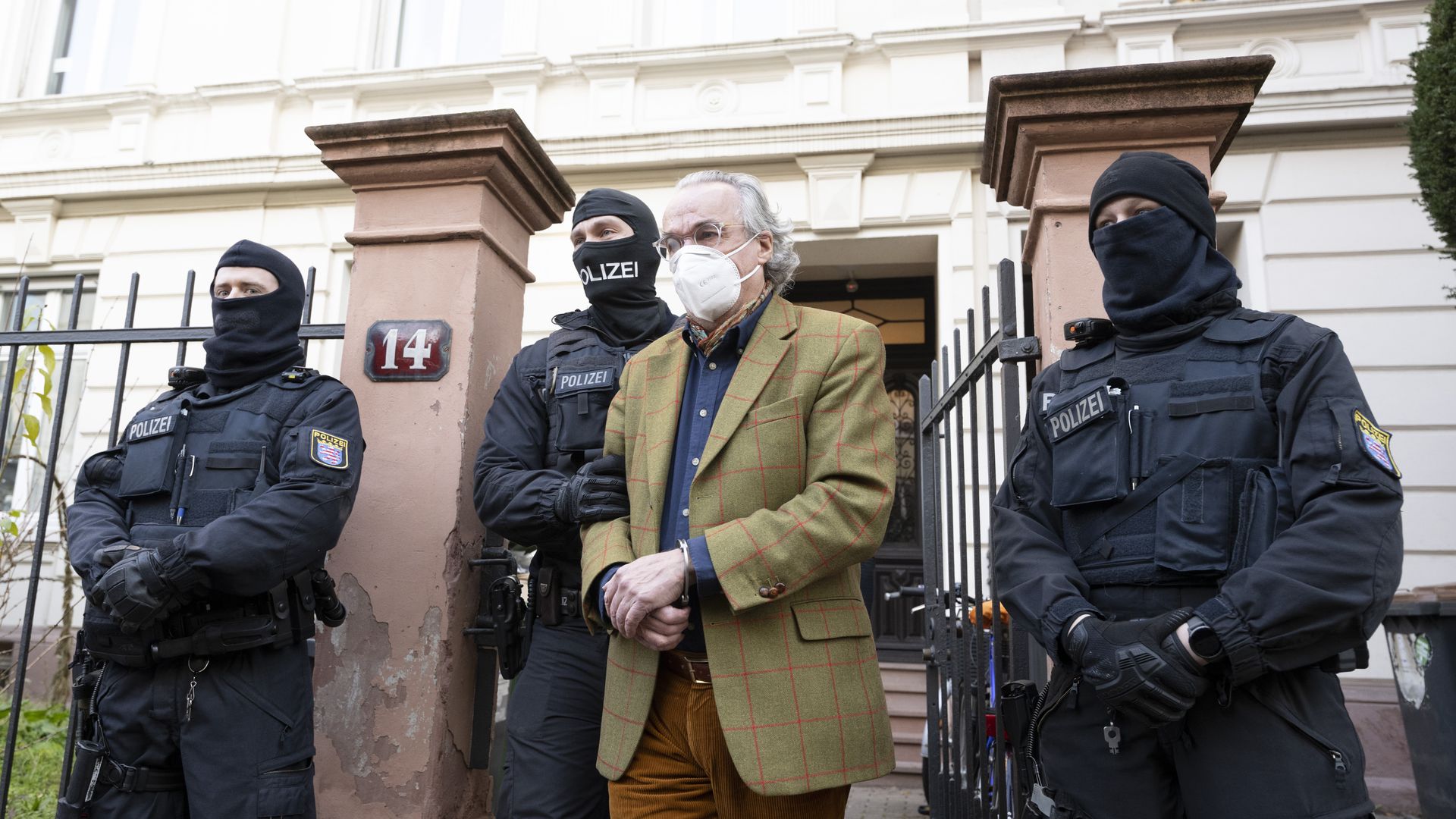 | | | Prince Heinrich XIII is arrested. Photo: Boris Roessle/picture alliance via Getty | | | | 1. German authorities on Wednesday arrested 25 members of a far-right group that prosecutors said was plotting to violently overthrow the government. - Among them was Prince Heinrich XIII of Reuss, one of the most prominent advocates of the Reichsbürger movement, which claims the modern German state is illegitimate.
2. Argentina's Vice President Cristina Fernández de Kirchner was found guilty of fraud and was sentenced to six years in prison. The former president, who still commands a loyal following, will remain free through what's likely to be a lengthy appeal. - Meanwhile in Guatemala, former President Otto Perez Molina and former Vice President Roxana Baldetti were also convicted on corruption charges.
3. Authorities in Iran carried out what's believed to be the first execution over the ongoing protests against the government. - The Taliban, meanwhile, oversaw the first public execution yesterday since their return to power in Afghanistan.
4. The Nigerian military has conducted a "secret, systematic and illegal" program of forced abortions in the northeast of the country since 2013, according to a Reuters investigation. Some of the at least 10,000 victims had been raped by Boko Haram fighters. The military rejects the report. 5. Honduras has become the latest Latin American country to take a strong-armed approach to gangs, declaring a state of emergency that human rights groups warn will likely be ineffective and could lead to rights abuses, Marina reports. - It follows a similar controversial yet popular move by Salvadoran President Nayib Bukele earlier this year.
6. CIA director Bill Burns gave his Turkish counterpart a strongly worded message opposing the recent Turkish strikes against the Kurds in northern Syria, warning that they put U.S. forces in danger, Axios' Barak Ravid scooped. |     | | | | | | A message from GLOBAL X ETFS | | Potential investing opportunities from the Inflation Reduction Act | | | 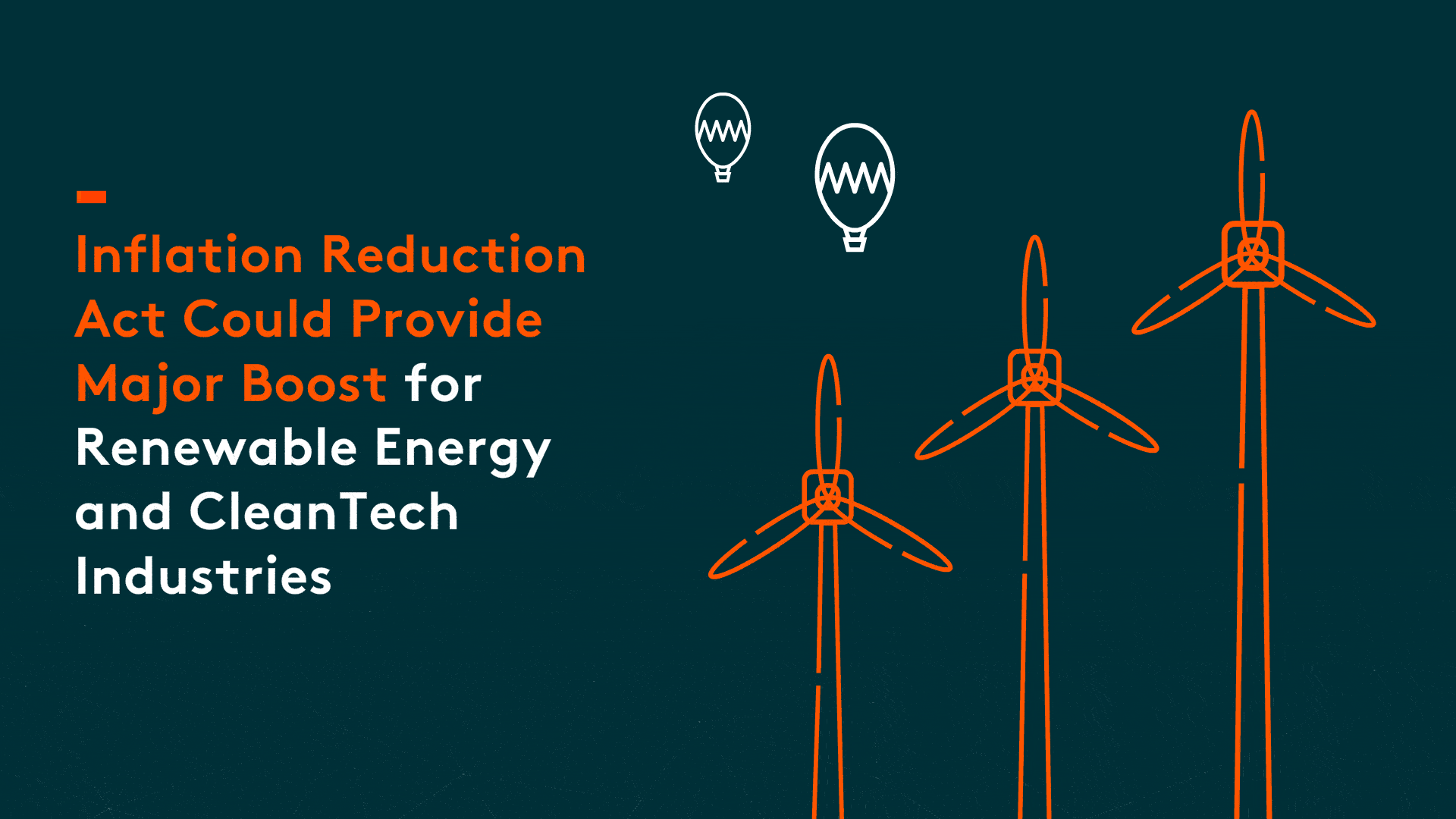 | | | | Recently, the landmark Inflation Reduction Act was signed into law, directing hundreds of billions in funds to advance climate and green energy priorities. Explore potential investing opportunities and other takeaways in our full breakdown of the law's funding priorities. Learn more. | | | | | | Bonus: Where in the world? | 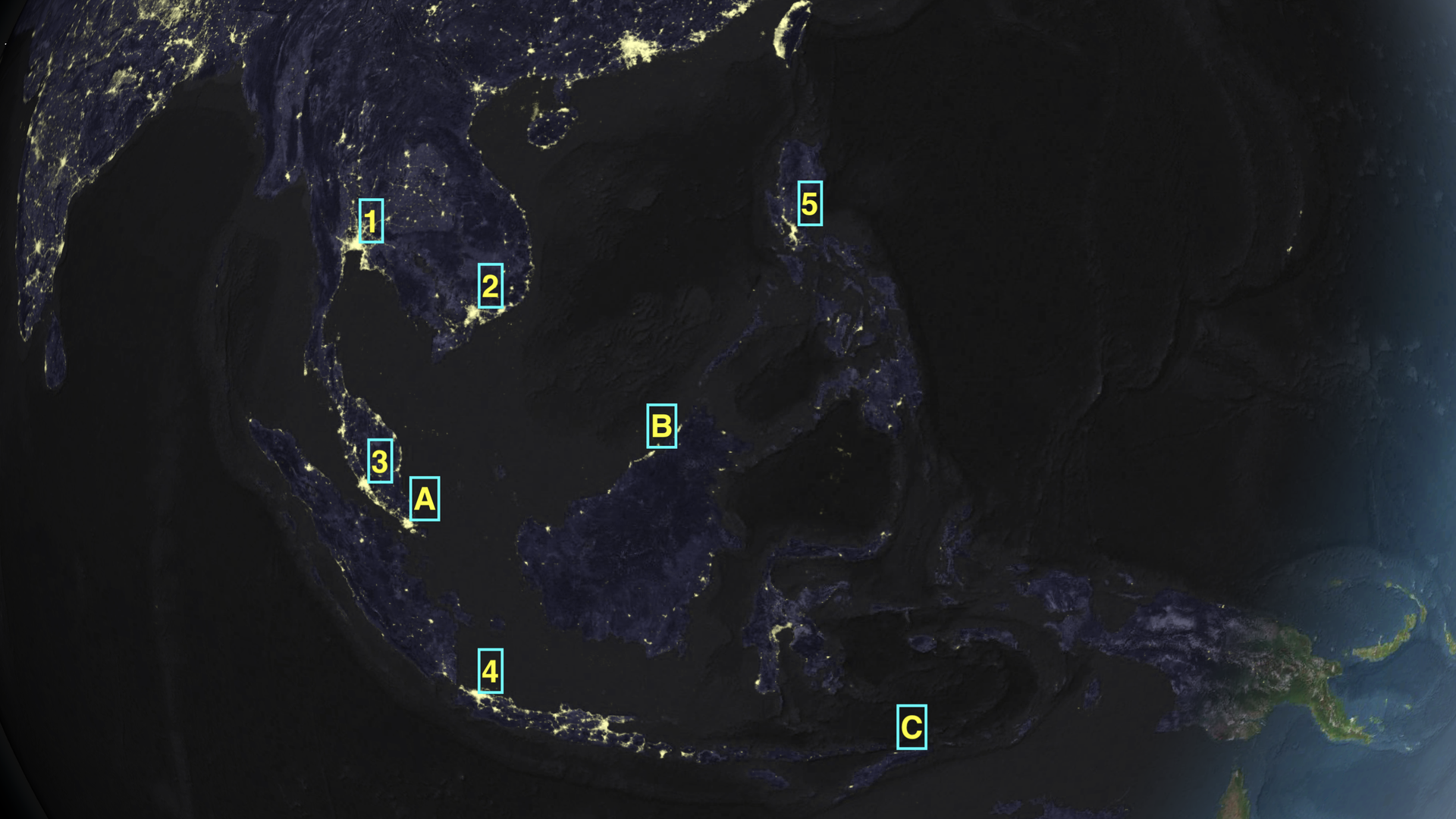 | | | Screengrab via Apple Maps | | | | Today we're taking a trip to Southeast Asia to visit three very small countries (A-C) and five quite big cities (1-5). Some hints: - A and B are rich. One hosts a lot of tourists, the other has a lot of gas. C has been fully independent for only two decades.
- 2 was renamed for a revolutionary in 1975, and it's the only non-capital city of the five (though the government plans to move the capital away from 4, in part because the city is sinking).
- 3 is one of the fastest-growing cities in the world, 5 is one of the most densely populated, and 1 is one of the most-visited by tourists.
Scroll to the bottom for answers. |     | | | | | | 4. U.S.-China split screen |  | | | No fist bump? MBS greets Xi today. Photo: Royal Court of Saudi Arabia via Getty Images | | | | Chinese President Xi Jinping is in Saudi Arabia for a visit that is expected to include some 20 agreements worth $29 billion, per WSJ, (including one deal already announced with Huawei), and a summit tomorrow with leaders from five other Arab countries. - This is already an important relationship. China buys more oil from Saudi Arabia than any other country buys from any single source.
- But the Saudis have also been increasingly seeking China's hardware, expertise and partnership in areas like arms, nuclear power and telecoms as they hedge their bets between the superpowers.
Meanwhile in Washington, the U.S. and Australian secretaries of state and defense announced plans to expand the U.S. military presence in Australia — including by adding airfields in northern Australia from which U.S. aircraft can operate — and invite Japan to join trilateral military drills. - The U.S.-Australia alliance is taking on additional importance as both countries clash with China.
- Yes, but: Australian Foreign Affairs Minister Penny Wong highlighted in a speech at the Carnegie Endowment that countries in Southeast Asia are "not enthusiastic about great power competition," and so the U.S. and Australia must treat them not as the "objects of competition" but as valued partners in their own right.
|     | | | | | | 5. Data du jour: Developing-world debt is climbing |  Data: World Bank; Chart: Axios Visuals Lower-income countries are plowing around 10% of their export revenues into servicing external government debt. That figure had dipped below 3% in 2011, Axios' Kate Marino writes. - Low-income countries' total external debt grew to an average of 48.5% of gross national income in 2021, from 17% in 2010, according to an annual World Bank report.
The big picture: Governments around the world loaded up on debt during the pre-COVID era of rock-bottom interest rates. - Now, refinancing is much more expensive, just as global economic growth is slowing — and weaker currencies mean the burden of their dollar-denominated debt is ballooning.
The bottom line: "The latest numbers mean that all the progress made on the debt front since the beginning of the century has been lost," says the Atlantic Council's Jeremy Mark. - "Billions of dollars that could go to infrastructure development, education, health and other badly needed public goods will instead go to creditors," he adds.
What to watch: The debt burden is particularly heavy in Africa. Zambia has already defaulted. Ghana, known as one of the continent's most stable economies, is seeking a bailout. Nineteen African countries are in debt distress, according to the IMF. - Some have argued that "anti-Africa bias" at ratings agencies forced those countries to borrow at far higher costs than countries elsewhere with comparable debt levels.
|     | | | | | | 6. What I'll be watching: The World Cup |  | | | Moroccan fans celebrate in Paris. Photo: Julien Mattia/Anadolu Agency via Getty Images | | | | The World Cup returns tomorrow, with red-hot Brazil playing Croatia and the Netherlands taking on Lionel Messi's Argentina. - I'm particularly looking forward to England vs. France on Saturday afternoon.
There's only one true underdog left: Morocco, which could become the first African team and the first team from the Arab world to advance to the semifinals if they beat Portugal on Saturday. - The Moroccan team posed with the Palestinian flag after Tuesday's upset victory over Spain — one of many examples of teams and fans from the region showing support for the Palestinian cause.
- "While authorities have from time to time blocked those sporting LGBTQ rainbows or anti-Iran regime iconography, the Palestinian flag has been ubiquitous at the World Cup's stadiums, no matter which teams are playing," the Washington Post notes.
|     | | | | | | 7. Stories we're watching | 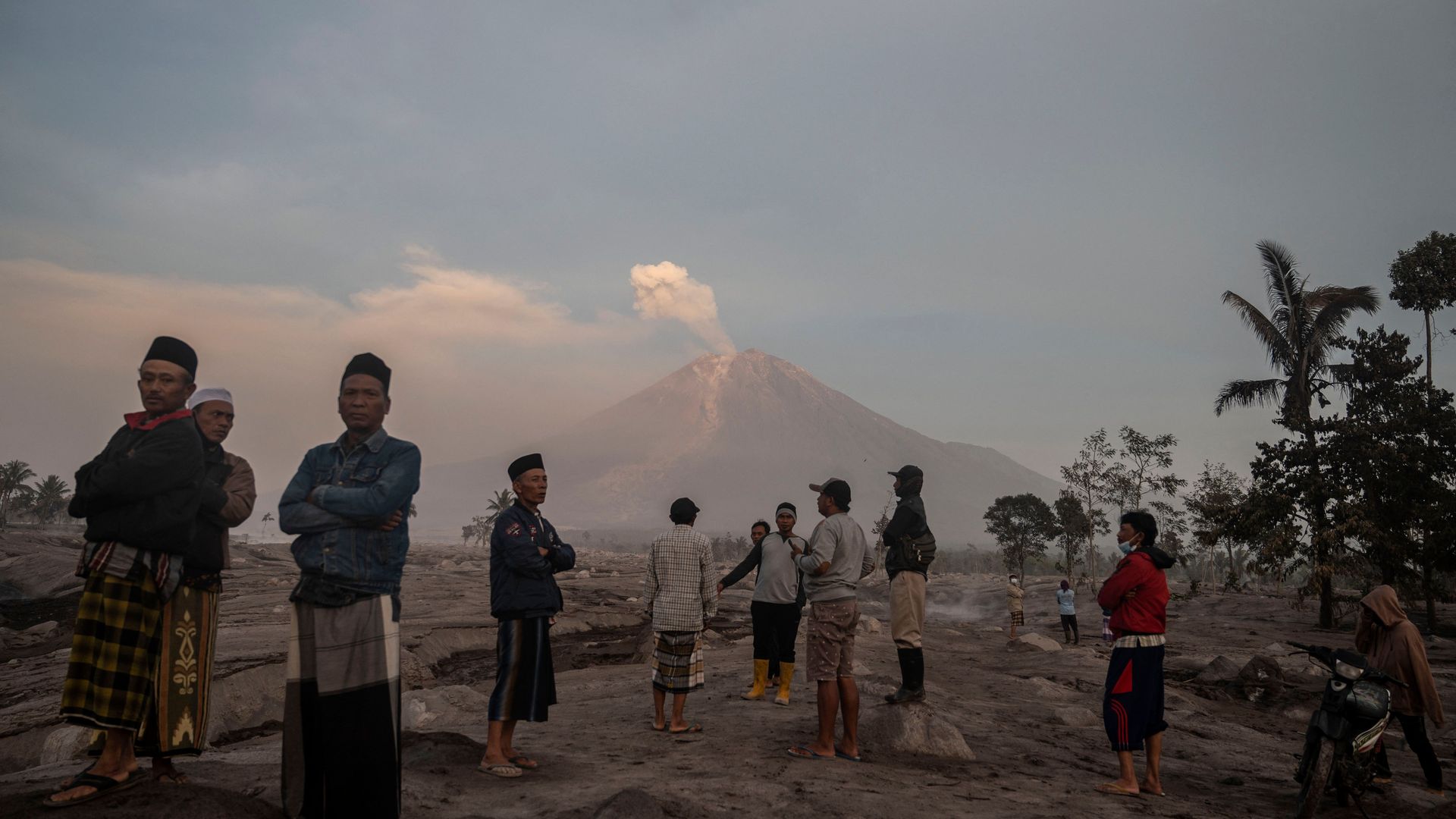 | | | Indonesia's Mount Semeru after an eruption. Photo: Juni Kriswanto/AFP via Getty Images | | | - China easing lockdown policies; Testing requirements lifted; Context: Trade plunged in November
- Skepticism over Sudan deal
- Russian airfields hit
- White House debates approach to new Israeli government
- GOP launches probe into handling of Afghanistan withdrawal
- Judge dismisses suit against MBS over Khashoggi killing
- When Greenland was green
Quoted: "The Secretary of State agrees that the proposed development... would to some extent support the transition to a low carbon future." — A somewhat surprising justification for the U.K. government's decision to greenlight a new coal mine after leading the push to phase out coal during COP26. |     | | | | | | A message from GLOBAL X ETFS | | Potential investing opportunities from the Inflation Reduction Act | | | 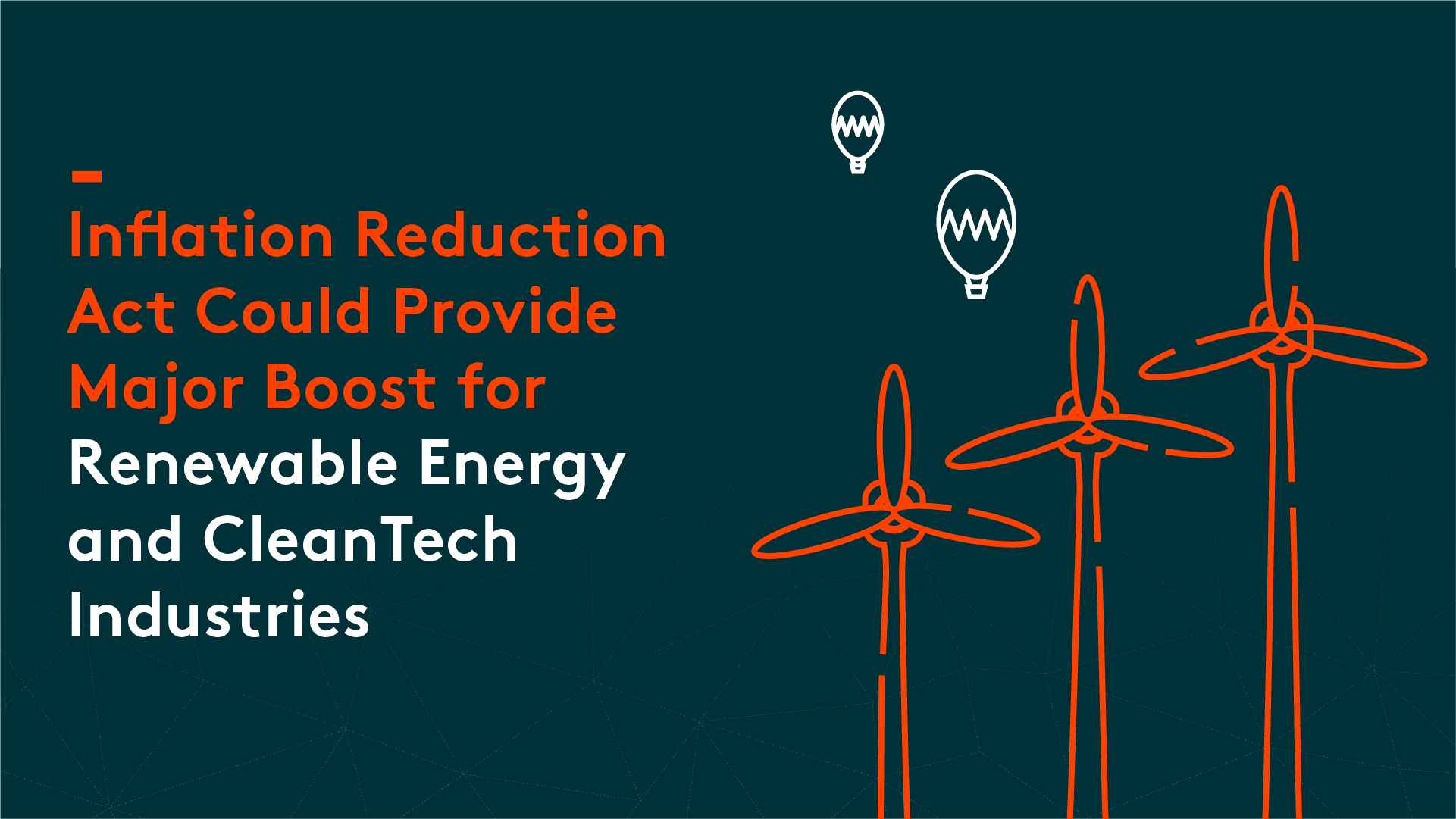 | | | | Recently, the landmark Inflation Reduction Act was signed into law, directing hundreds of billions in funds to advance climate and green energy priorities. Explore potential investing opportunities and other takeaways in our full breakdown of the law's funding priorities. Learn more. | | | | Answers: A. Singapore; B. Brunei; C. Timor-Leste; 1. Bangkok; 2. Ho Chi Minh City; 3. Kuala Lumpur; 4. Jakarta; 5. Manila. |  | | Are you a fan of this email format? Your essential communications — to staff, clients and other stakeholders — can have the same style. Axios HQ, a powerful platform, will help you do it. | | | | | | Axios thanks our partners for supporting our newsletters. If you're interested in advertising, learn more here.
Sponsorship has no influence on editorial content. Axios, 3100 Clarendon Blvd, Arlington VA 22201 | | | You received this email because you signed up for newsletters from Axios.
Change your preferences or unsubscribe here. | | | Was this email forwarded to you?
Sign up now to get Axios in your inbox. | | | | Follow Axios on social media:    | | | | | |
Post a Comment
0Comments